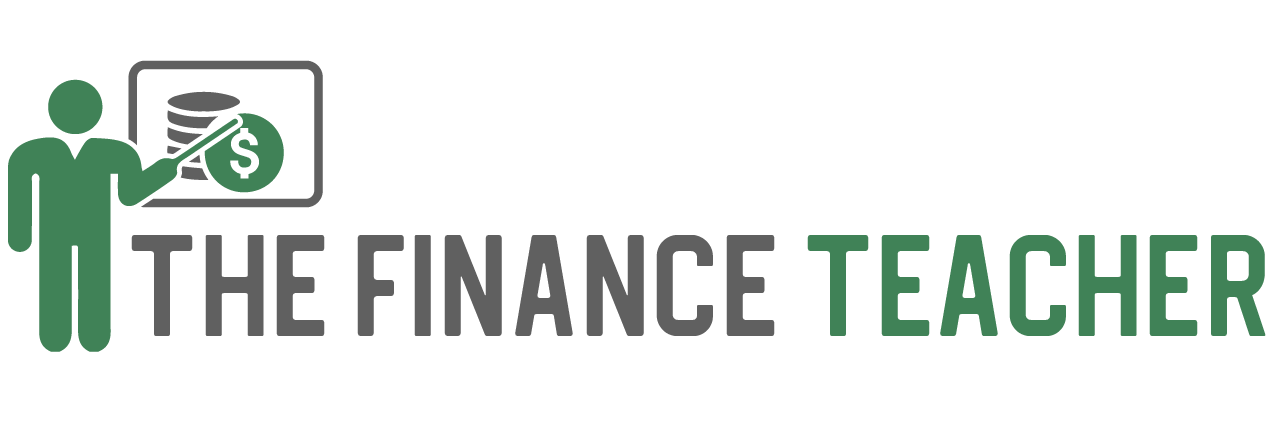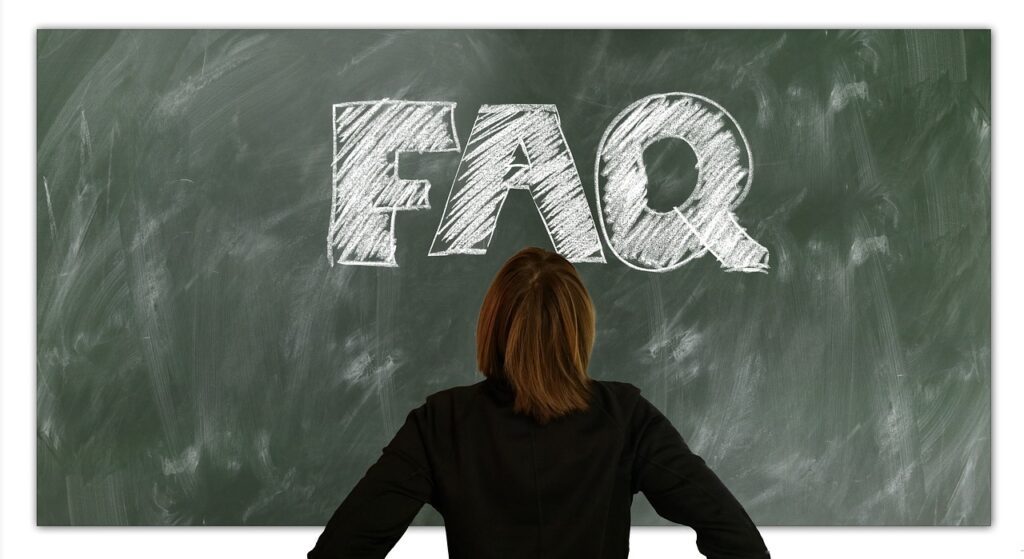A Student Perspective From Grade 12 Student Arth Tak
In my classes, I often get student feedback on the things that they enjoyed and the topics that could be improved. Most teachers are happy to adjust content in order to help students to become more engaged and to teach them things that they consider to be useful. In humanities subjects, it is fairly easy to make the topics relevant to students’ lives.
But what’s missing? What things are we just not addressing? What do students really want to learn? And can we teach it? My Young Investors club (re-named ‘The Money Club’) came about simply through students asking if they could learn about personal finance and investing.
It really is interesting and also important to get students’ views on what they are learning as well as what they would like to learn. So what do teenagers want to learn about money?
So I decided to ask one of my students exactly what it was that he would like to learn that wasn’t currently being taught.
I will now hand over to my first guest blogger, Grade 12 student Arth Tak.
“How will this trigonometry stuff help you earn money!?”
As a high school student who loves math (YES, we exist), with a special fondness for trigonometry, my friends say this to me almost on a daily basis. But, I am not here to say that they are right, I am here to say that they are actually onto something bigger!
It’s been complained about for so long that complex concepts taught in school are not used in the real working world, while so many people are not very financially literate and that financial literacy is important for us after we leave school.
But, the solution isn’t to stop teaching complex concepts, because they may be necessary for some and for the growth of understanding of all of us. The solution is to equip us students also with financial literacy and necessary ‘real-world’ knowledge and skills.
One of the biggest topics that comes under this umbrella is that of FINANCIAL INDEPENDENCE. Every fellow school friend I know wants to be financially independent and only wants to work so that after a point they do not have to work. However, without an understanding of concepts like saving, investing that saved money, using compound interest, using the power of time, and a basic understanding of taxes, it will be challenging for most of them to achieve this goal by the age they would like to. However, with this understanding, it will be a piece of cake!
IF I HAD THE POWER TO ADD SOMETHING TO THE SCHOOL CURRICULUM…
This is what I would do first.
I’d refer to one of Warren Buffett’s most influential quotes: “If you don’t find a way to make money while you sleep, you will work till you die”.
Therefore, I would add lessons on ways to create a passive income for students and young working professionals. However, I would also go one step further and add practical projects wherein students have to actually execute one of these passive income ideas to get an income started for themselves. This will work wonders for our generation!
I actually have friends that have a successful FBA (Fulfillment By Amazon)/Drop-Shipping business that earns them enough to start saving for university. But I also have friends that think FBA is France’s version of the NBA. Once this knowledge disparity is resolved, who knows? Maybe for those who were taught this, wealth creation would become child’s play!
Another concept that I think should be addressed: TAXES! It may not sound super exciting as a topic for school. But it is really important.
Not everyone in high school is going to become an accountant, but within four to five years, they will most likely be earning an income and will have to pay taxes. Many are perplexed about the concept of taxes, and how money will simply be taken away from them and they cannot do anything to decrease the amount taken away or do anything about it.
They need to be told that THEY CAN!
All students are going to earn money and will have to manage their personal finances. When talking about how saving and investing and passive income can be used to make them financially free, it must be addressed how taxes work at a basic level: why they are important, why they should not be viewed as negative, and the different ways in which the wealthy reduce the amount of tax that they pay.
This is of course on top of learning as much as possible about investing and finding ways to earn passive income as well as many other money-related things such as budgeting.
If this solid foundation of financial literacy is provided to each and every student, financial stability will turn from a dream into a reality for most!
Something that we should all hope and strive for!
It’s great that there are resources out there like websites, blogs and books that we can read to increase our financial knowledge. But not all students will be proactive enough to seek these out.
This stuff should be a part of the school curriculum so that every single student has access to the knowledge that can help them to eventually reach financial independence. And so that it does not continue to be a mystery and something just for the rich to know. That’s what I would like our curriculum to teach.





Fantastic perspective! The points you made are thought-provoking. For additional insights, check out this link: FIND OUT MORE. What do others think about this?
Very insightful article! Its great to see such well-researched content. Lets talk more about this. Click on my nickname!